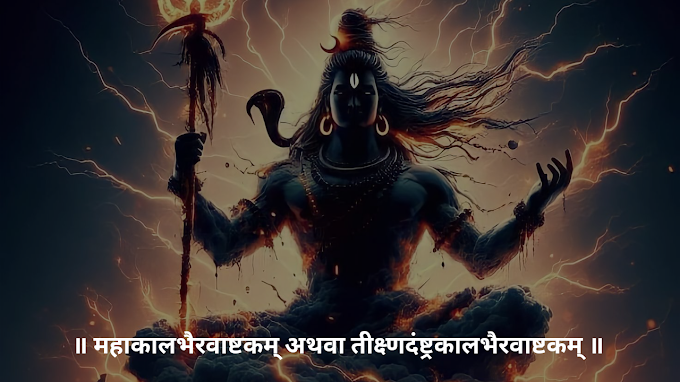Lajpat Rai occupies a prominent position in the Indian independence struggle. Lalaji was born on 28 January 1865 in a poor Vaishya family. He was called the “Lion of Punjab” and was also a great orator and a great patriot. Along with this, Lalaji was also associated with the Punjab National Bank and Lakshmi Insurance Company in the 1980s.
His name is associated with the sacrifice he made for the country. Lalaji remained popular for his activism and goodwill. He organised several meetings with his supporters and also established an orphanage.
Lalaji inspired people and formed public service committees. However,
“The Government which attacks its own innocent subjects has no claim to be called a civilised government. Bear in mind, such a government does not survive long.”
“I declare that the blows struck at me will be the last nails in the coffin of the British rule in India.”
“If I had the power to influence Indian journals, I would have the following headlines printed in bold letters on the first page: milk for the infants, food for the adults and education for all.”
“Since the cruel killing of cows and other animal have commenced, I have anxiety for the future generation.”
“I always believed that my silence on several topics will be an advantage in the long run.”
The Lion
Lala Lajpat Rai, Bal Gangadhar Tilak and Bipin Chandra Pal together formed the trio of “Lal Bal Pal.” They were extremist leaders and they changed the political discourse of the Indian independence movement. Through his brilliant speeches and writings, Lalaji created awareness among the public. He was socialist and strongly opposed to the capitalist and economic exploitation. He wanted farmers and labourers to progress. This was a major motivation for his taking an active part in the politics of the country from 1905. He has strongly opposed the partition of Bengal saying, “if the government recognises our rights then, we want colonial self-government or else we want to sever ties with the British Empire.”
October 1928, Lala Lajpat Rai led a non-violent march in protests against the commission. People chanted slogans like ‘Simon Go Back’ and raised black flags.
Massive protests led to a lathi charge ordered by the-then superintendent of police, James A. Scott. During this lathi charge, Lala Lajpat Rai was personally assaulted and was injured severely. He couldn’t recover from the severe injuries and on 17 November 1928, Lala Lajpat Rai died of a heart attack.
Refrence 🔗 https://youtu.be/xpVN1wurUtA







0 Comments
Please do not enter any spam link in the comment box.